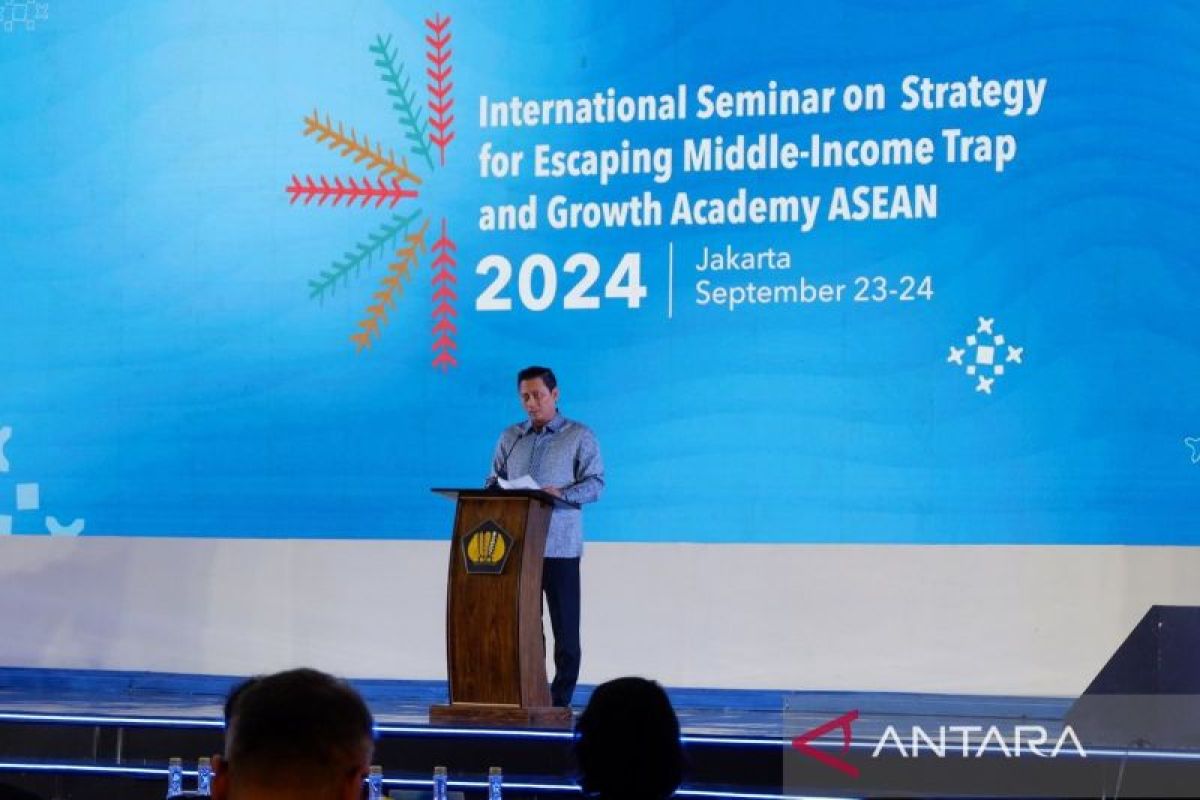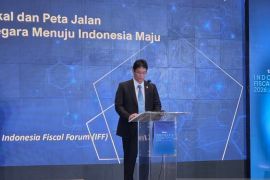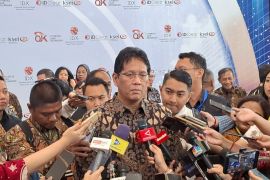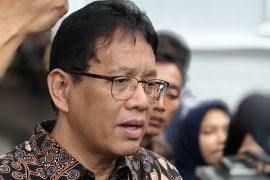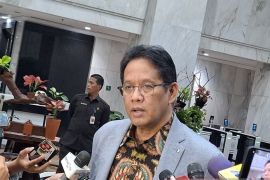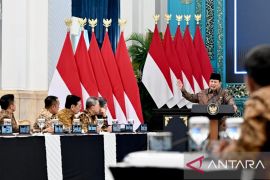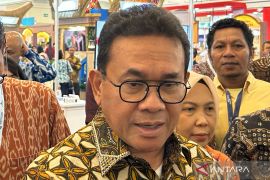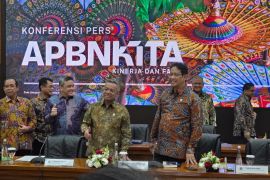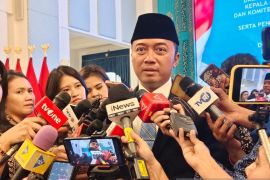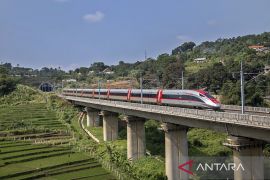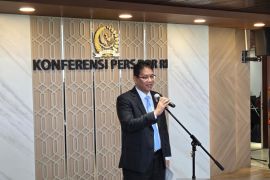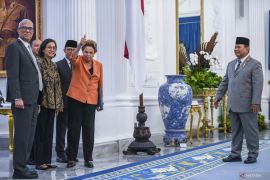Achieving the ambitious 8 percent growth (target) is not a dream but a necessity. And to do so, we must tap into new growth engines like digital and green economies.Jakarta (ANTARA) - Deputy Minister II of Finance Thomas Dijwandono said that going forward, the state budget will focus on enhancing the community's welfare in the long term, while investments will focus on driving development.
"The investments will be vital in driving the next phase of development, with the state budget focused on addressing more long-term welfare needs," he expounded here on Tuesday.
Dijwandono underlined that various commercially viable development projects will be pursued through public-private partnerships.
According to the deputy minister, those efforts are important for Indonesia to reach the target economic growth of 7–8 percent, in keeping with the vision of President-elect Prabowo Subianto and Vice President-elect Gibran Rakabuming Raka to help Indonesia break free from the middle-income trap.
"Achieving the ambitious 8 percent growth (target) is not a dream but a necessity. And to do so, we must tap into new growth engines like digital and green economies," he added.
He underlined that the role of innovation and technology in driving economic growth must be increased because those two aspects can help Indonesia compete at the global level and open up various opportunities.
To drive the growth engines, he said that the capacity of human resources must be optimized with investments in education, skills, and health so as to create a productive and innovative workforce in the future.
This is deemed essential considering that aging populations, low productivity, lack of competitiveness, inequality, lack of institutional and governance capacity, and weak quality of human capital are challenges that need to be faced.
Furthermore, he highlighted that the key to economic growth lies in sustainability so the efforts that are made must be be inclusive and environmentally friendly, with policies that promote social equality, protect natural resources, and address climate change.
He noted that the middle-income trap is faced by most Southeast Asian countries, though the region has dynamic and sustainable growth and has the potential to be a global economic powerhouse.
"Transition toward higher income is critical for each ASEAN country, not only solely for domestic reasons like bringing welfare and prosperity for its people, but also to ensure the region's continued relevance as one of the global economic powerhouses," he said.
Related news: Rp18.9 trillion spent on IKN development so far: Finance Ministry
Related news: Parliament greenlights 2025 State Budget, FM advises prudence
Translator: Uyu Septiyati, Raka Adji
Editor: Rahmad Nasution
Copyright © ANTARA 2024
